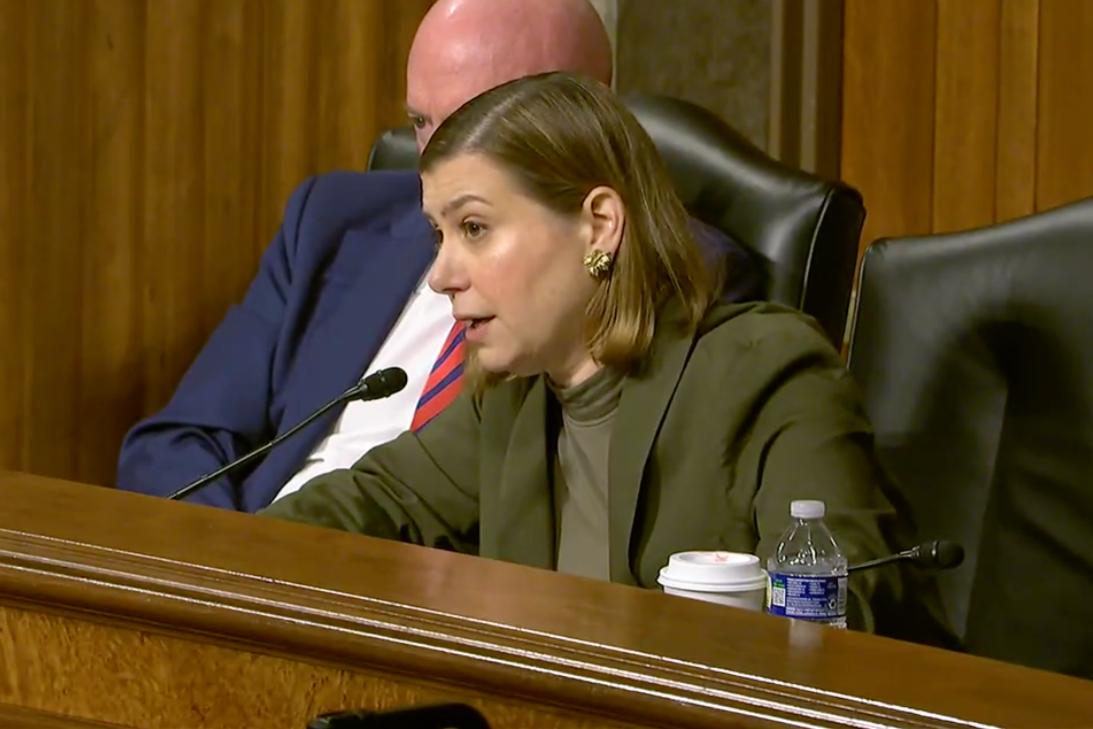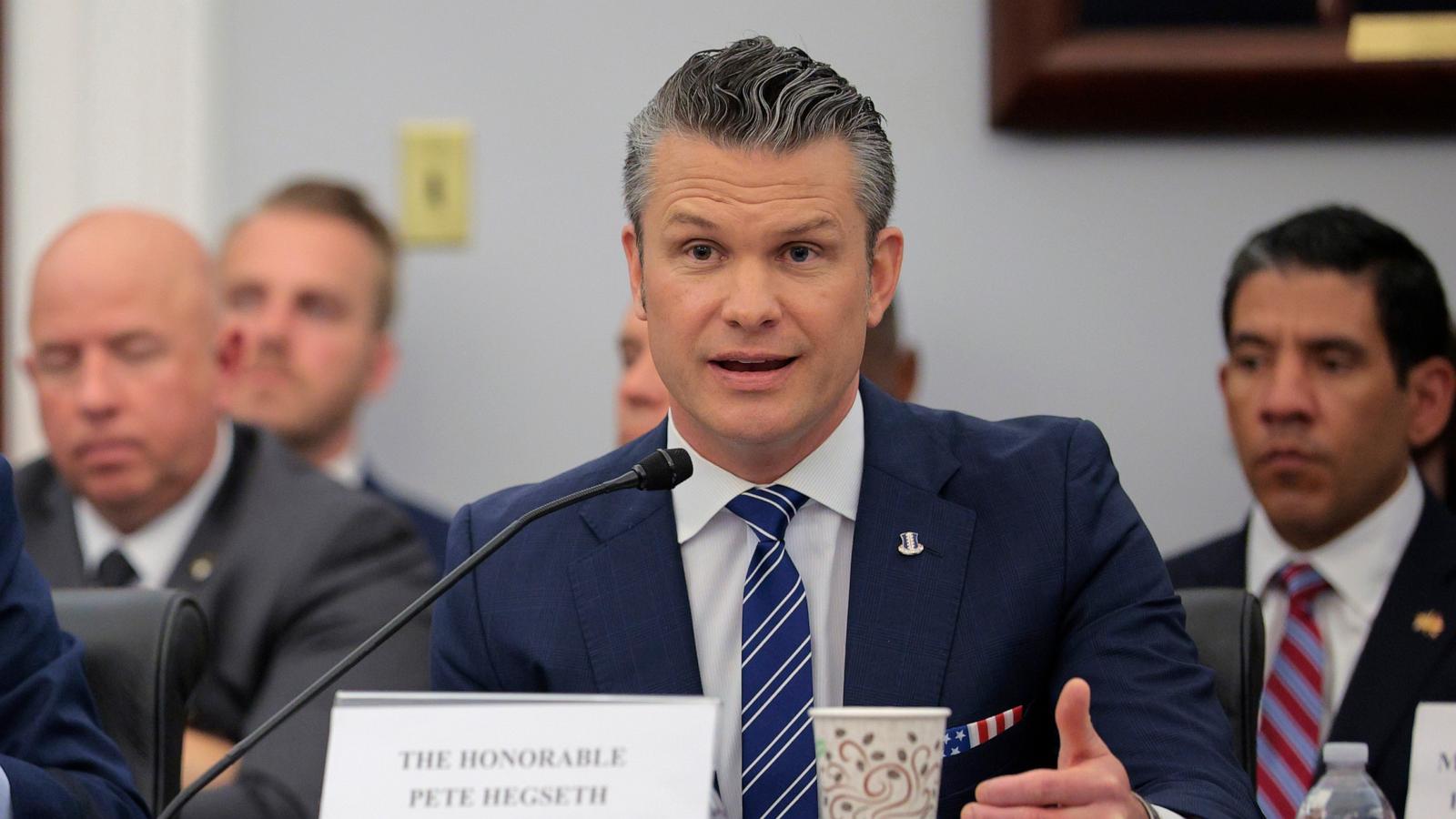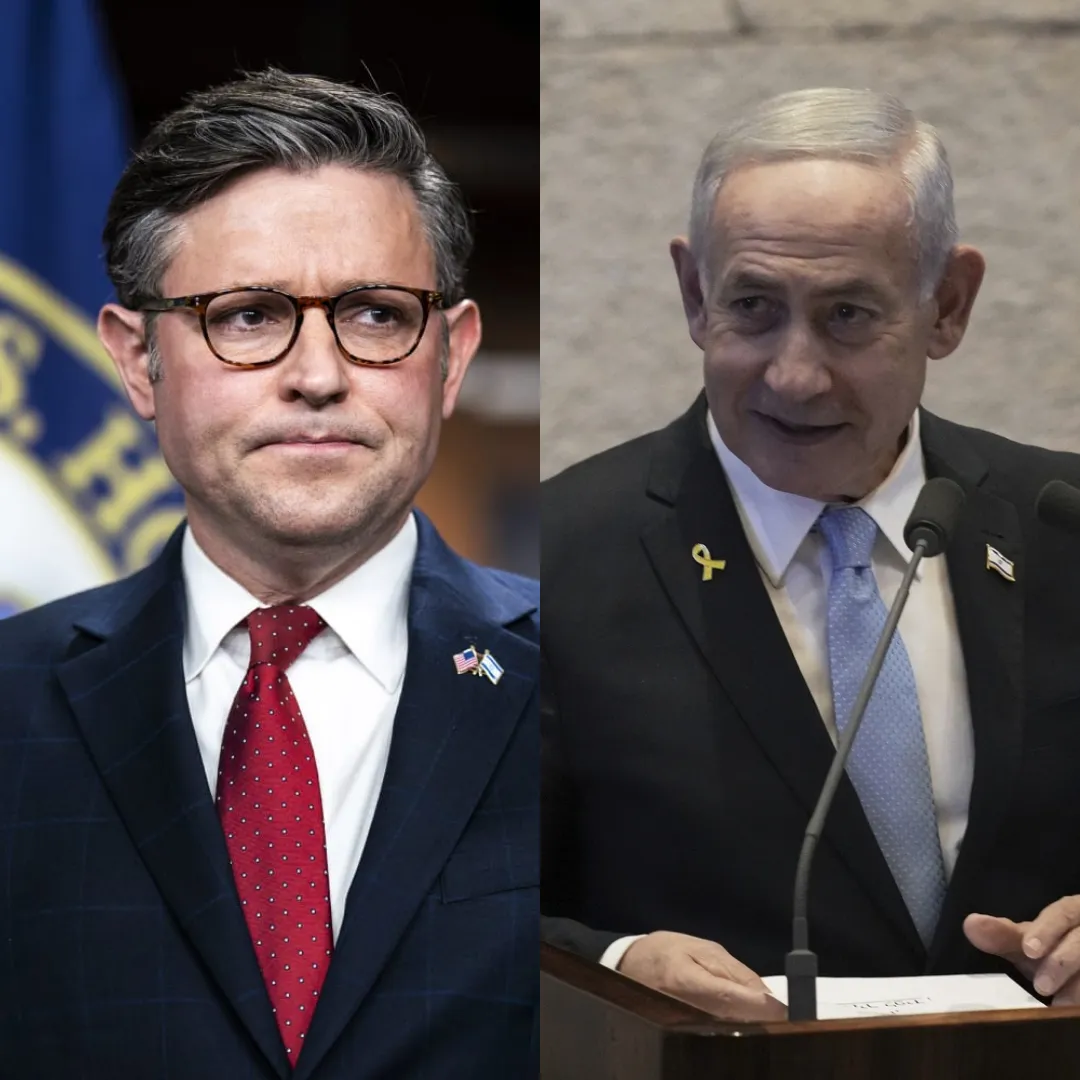In a heated exchange during a Senate Armed Services Committee hearing, Defense Secretary Pete Hegseth found himself the target of sharp criticism from several Democratic senators, including Senator Elissa Slotkin of Michigan. The confrontation arose as Hegseth, a former Fox News host and controversial military leader, was questioned about the Trump administration’s handling of military authority during protests.
The hearing, which focused on recent military actions under the Trump administration, quickly devolved into a tense back-and-forth, with Slotkin accusing Hegseth of lacking the courage and integrity displayed by his predecessor, Mark Esper.
Hegseth, who faced a contentious confirmation process, was grilled over several topics, including the use of the military to detain or arrest protesters during times of unrest. Slotkin, a former CIA analyst and a veteran who served in Iraq, confronted Hegseth directly.

She demanded answers about whether the military had been authorized to detain or arrest peaceful demonstrators, a question that stirred up the larger issue of military force being used on civilians during protests.
The exchange took a dramatic turn when Slotkin compared Hegseth’s response to that of Mark Esper, the former Secretary of Defense under the Trump administration. Slotkin referenced Esper’s memoir, which detailed a crucial moment during the 2020 George Floyd protests, where President Trump allegedly asked whether the military could shoot protesters.
Esper, according to his memoir, rejected the idea, stating that he would not send uniformed soldiers to take violent action against civilians, something he felt was fundamentally wrong.
In contrast, Slotkin alleged that Hegseth was not willing to take the same firm stance against using the military to suppress protests. "He had more guts and balls than you," Slotkin said in an astonishing critique of Hegseth’s actions during the current administration.

"He said, I'm not going to send in a uniformed military to do something that I know in my gut isn't right. You’re pooh-poohing this," Slotkin continued, directing the sharp criticism squarely at the defense secretary.
The remark left Hegseth visibly defensive. He countered Slotkin's assertions by insisting that there was “zero indication” that any orders to shoot protesters had ever been given during the Trump administration.
However, when pressed on whether the military had been authorized to use force against unarmed civilians, Hegseth declined to give a direct answer. Instead, he dismissed Slotkin’s concerns, telling her to “be careful what you read in books” – except for the Bible, he added, which seemed to further ruffle the senator’s feathers.
The exchange showcased the stark divide between the two politicians, with Slotkin pointing out that Esper’s refusal to use the military against civilians was an example of strong moral leadership, one that Hegseth appeared to lack. Slotkin’s comments were grounded in her belief that military leaders must possess not only competence but also the courage to make difficult moral decisions in times of national crisis.

Esper, in her view, had demonstrated this courage during a critical juncture, something that Hegseth seemed unwilling to do in the current political climate.
Hegseth’s refusal to provide a definitive answer on whether the military should be used to suppress protests raised further concerns. Critics of the defense secretary argue that his evasive responses and his seeming indifference to the moral implications of using force against civilians undermined his credibility as a leader.
For many, the comparison to Mark Esper only highlighted the growing doubts about Hegseth’s ability to navigate such complex and sensitive issues with the level of integrity expected from someone in his position.

While Hegseth continued to assert that no such order had been given to shoot protesters, the broader issue of military force during civil unrest remained unresolved. For many senators, particularly those on the Democratic side, this was a deeply troubling matter.
The use of military force on civilians, especially during protests, has been a controversial subject in American politics, especially in light of the George Floyd protests that shook the nation. For them, Hegseth’s inability to provide clear, unequivocal answers only exacerbated the sense that the current administration was willing to risk the erosion of civil liberties in the name of political expediency.
In addition to his response on military force, Hegseth also faced criticism for his handling of personnel decisions within the Department of Defense. Senator Jacky Rosen of Nevada questioned Hegseth about the dismissal of several top national security officials, which were allegedly influenced by far-right figures, including social media influencer Laura Loomer.

Rosen’s inquiry centered around the disturbing possibility that social media figures, often with extremist views, could exert influence over critical military and security decisions.
Hegseth was dismissive of the allegations, insisting that such decisions were ultimately made by the president and that it was inappropriate for others to speculate about the reasons behind personnel changes. "I don't discuss who I talk about anything with, but ultimately, this is my decision and he serves at the pleasure of the president and that's why he's no longer there," he stated, deflecting the serious questions raised by Rosen.
The situation became even more tense when Rosen pressed Hegseth further, asking whether he believed it was appropriate for social media influencers to impact decisions within the Department of Defense. This time, Hegseth again chose not to engage directly with the question, instead telling Rosen that her time had expired.
Rosen’s frustration boiled over, leading her to accuse Hegseth of being either "feckless or complicit" in the growing influence of far-right social media in military and defense affairs.
She dismissed his response as unserious, stating that as the secretary of defense, he should be in control of his department and capable of handling such difficult questions.
The moment encapsulated the mounting dissatisfaction with Hegseth’s leadership and his ability to provide coherent, decisive answers to critical issues. For many senators, his inability to fully address concerns about military overreach and the influence of social media on national security was a sign that he was either unwilling or incapable of leading the Department of Defense effectively.
The lack of clarity in his answers only deepened the doubts about his suitability for the role, particularly when compared to the leadership shown by Mark Esper during the Trump administration.
The hearing highlighted the deepening divide between the two major political parties on the role of the military in American society. For Democrats, the issue of military force during times of civil unrest remains a sensitive and contentious subject, and Hegseth’s responses only seemed to exacerbate the concerns that the military could be used to suppress dissent in the future.

For Republicans, the exchange served as a reminder of the contentious political environment in which military leaders are forced to operate, with partisan divisions often playing a significant role in shaping the narrative around military actions.
As the hearing concluded, it was clear that Hegseth’s tenure as Secretary of Defense would remain under intense scrutiny. The ongoing criticism of his handling of military matters, particularly in the context of civilian protests and social media influence, suggests that the defense secretary will face continued challenges in proving his ability to lead effectively.
The comparison to Mark Esper, a former defense secretary with a reputation for standing firm in the face of difficult moral questions, has cast a long shadow over Hegseth’s leadership, and it remains to be seen whether he can overcome the mounting doubts surrounding his ability to navigate these issues.
The fallout from this hearing will undoubtedly have implications for the future of U.S. defense policy and the direction of military leadership under the current administration. Whether Hegseth can prove his critics wrong and emerge as a strong, decisive leader, or whether his controversial responses will continue to undermine his credibility, remains to be seen.
The battle over military authority, civilian rights, and the influence of social media on national security is far from over, and the debate is likely to intensify as the political landscape continues to evolve.




-1750487979-q80.webp)